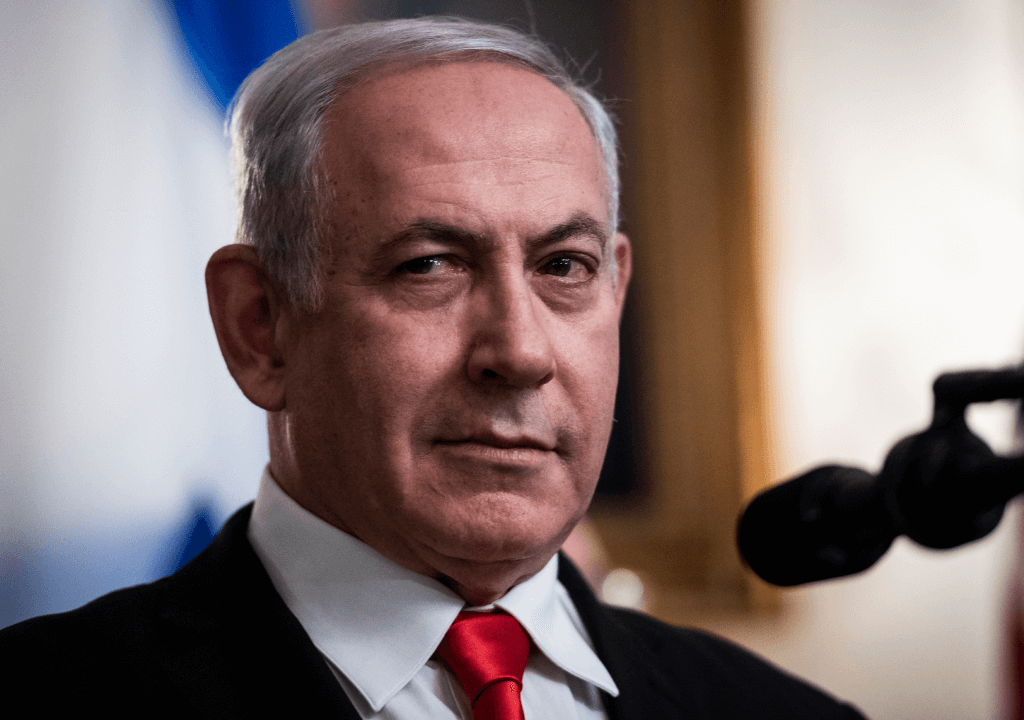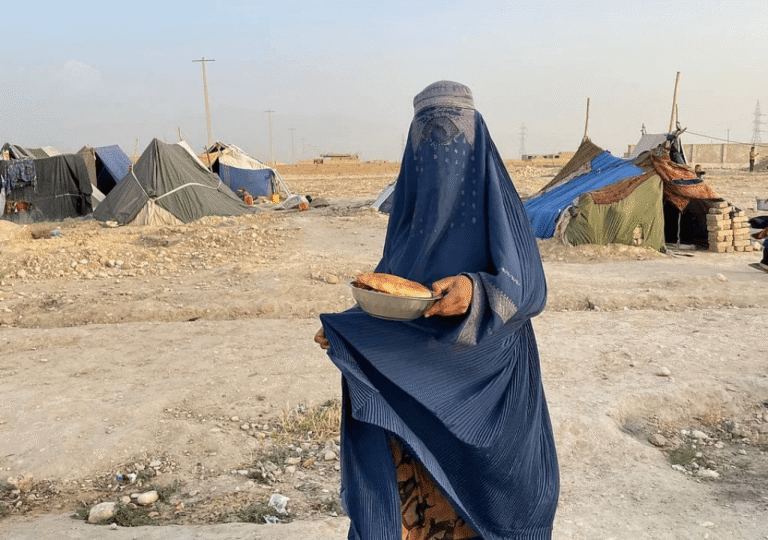There is no room for talks, compromises, or peace in the ongoing “Holy War” between Israel and Iran. The conflict has escalated far beyond the initial Israel-Hamas confrontation and Israel’s retaliatory actions following the October 7th Hamas attack. It has now transformed into a broader war between Jews and Shiite Muslims, rooted in centuries of conflict. There had been hope that the leaders of Israel and Iran would avoid direct confrontation, recognizing the massive regional repercussions, and that the fighting would remain limited to their proxies. However, recent missile attacks by Iran on Israel have raised fears that both countries are preparing for an all-out war.
While Israel and Iran do not share a direct border, the conflict would likely involve air strikes, with both sides seeking maximum destruction. Such a war would likely be more devastating than previous Israel-Arab wars. It is fair to say the Islamic Republic of Iran is at greater risk, as Israel has demonstrated its ability to eliminate enemies, even from a distance, through strategically planned operations. By engaging in direct conflict, Iran’s Islamic Republic is digging its own grave, much like Hamas did.
Israel, it seems, had been waiting for the right moment – perhaps even wanting a provocation from Hamas, one that would justify its long-standing desire to eliminate the group. When Hamas launched its attack, with its sheer scale and brazen style, it gave Israel the pretext to escalate its response to a new and more intense level. Around this time last year, Israel was in a precarious position. The nation’s political landscape was fractured, with deep divisions tearing at the fabric of its government. Protests rippled across the country, aimed squarely at its leaders. Internationally, too, Israel was grappling with a diminished standing as Saudi Arabia emerged as a rising regional power, frequently outpacing Israel in garnering the favor of the United States. Sensing an opportunity, Hamas sought to capitalize on Israel’s weakened position, launching the terrorist attack on October 7th. But what was likely intended to further destabilize Israel instead offered the nation an opportunity to unite and strike back with renewed force.
Now, nearly a year later, Israel is in a position of triumph. They have regained their place at the center of international politics, reaffirming their status as the United States top ally in the region. Domestically, they are more unified despite earlier divisions, and they have successfully eliminated key leaders of their enemies. Hamas and Hezbollah lost their top figures, Ismael Haniyeh and Hassan Nasrallah, while these leaders remain in hiding. Israel’s military success, along with its strategic use of information warfare via the internet, has garnered global support in an unprecedented way.
However, the real challenge for Israel comes from the Islamic Republic of Iran, whose theocratic government believes that eliminating Israel is their duty. Iran doesn’t intervene directly but leads the clashes through proxies like Hamas and Hezbollah. Iran has previously launched missiles in solidarity with its suffering proxies, responding to the humiliation faced from Israel, but these attempts failed. Meanwhile, Israel, which takes every step more cunningly in this war, is waiting for a motive for a direct strike on Iran.
Recently, on October 1st, a day before the Jewish New Year and the International Day of Non-Violence, Iran launched another missile barrage on Israel and supported an attack by Hamas. While the success rate was low, it stunned both Israel and the world. Iran may feel it succeeded in demonstrating its capabilities to the international community, but in reality, it has given Israel the opportunity to increase pressure and mount further attacks on Iran, much like how Hamas’s actions led Israel to invade Gaza. Israel can now present itself as being targeted by Iran, positioning its retaliatory actions as necessary for its self-defense.
The fear of an all-out war or escalation between Israel and Iran and their respective allies is at an all-time high. Iran’s recent actions are indicative of its frustration. The Islamic Republic’s most significant leverage is its role as the protector of Islam, and any questioning of that role could result in a loss of grip on power. Should Iran lose this grip, it could lead to the downfall of Hamas, Hezbollah, and many other organizations backed by Iran, making it imperative for the regime to demonstrate strength to the world. However, this situation now provides Israel with a license to target even Tehran. Israel possesses an almost insurmountable advantage over Iran in long-distance aerial attacks, advanced technology, and espionage.
Many believe that the Islamic Republic of Iran, with its diverse ethnic backgrounds and internal cultural divisions, presents a vulnerable target for Israeli intelligence, which could weaken the country strategically before a full-scale war ever becomes necessary. Through carefully planned moves, Israel could potentially destabilize Iran, reducing the need for a large-scale conflict. Nevertheless, it is clear that the Islamic Republic of Iran is now a key target for Israel.








